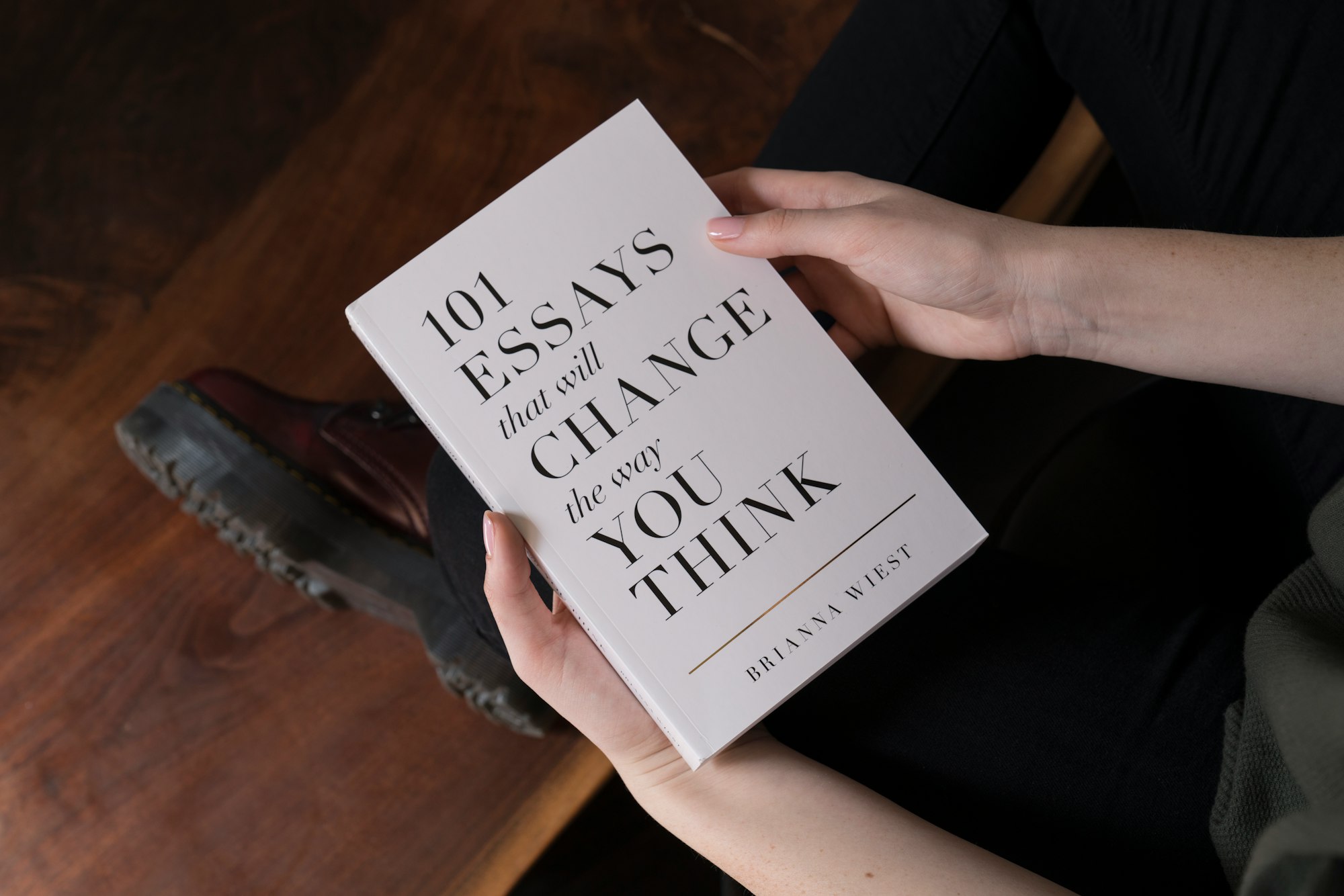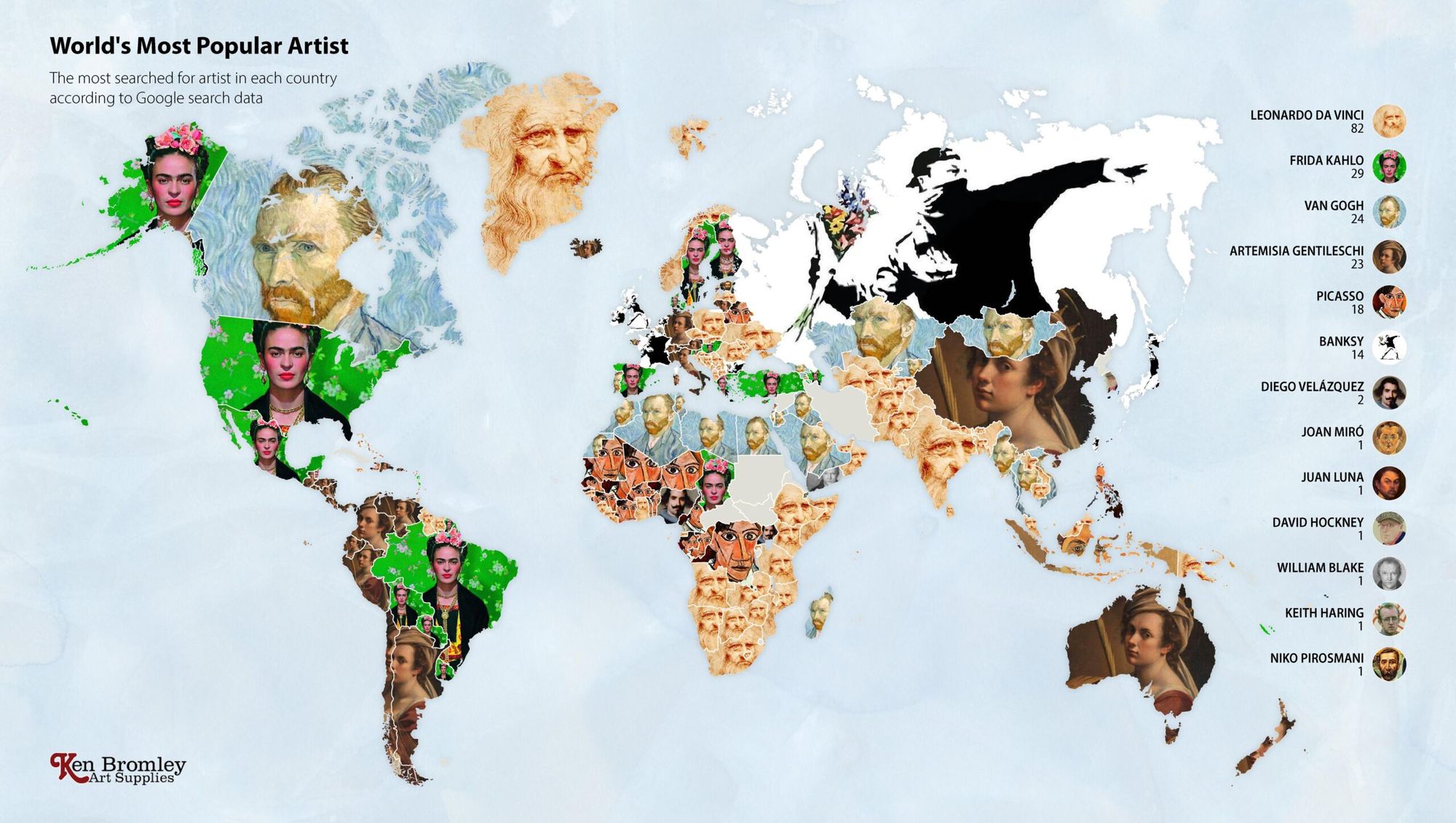Breakfast Notes #6 (Framing Effect, Self-Help's Pitfall and Meetings)

Good morning. I have been writing a lot in the past week and it’s been good to get my creative juices flowing. I am also devouring Bill Gate's new book, How To Avoid A Climate Disaster. It is an excellent primer for anyone looking to understand the global challenge of climate change. Also, it is a masterclass in the deployment of the Feynman Technique.
- Check out his e-book here for free!
Why The Same Survey Yields Different Headlines

In July, The IPS published a survey of the third and last instalment of the Global World Values Survey. Both of these articles reported on this same survey.
However, the headlines tell a different story.

When you read this headline, you come away thinking of Singaporeans as politically disengaged. However, a deeper dive would help you see that the researchers used the frequency of political discussions with friends as a proxy. You know what they say, never talk about politics with friends. It was noteworthy that in the study, Singaporeans were most likely to vote in national elections, just after Australia and Sweden.

When you read this other headline, you come away thinking of Singaporeans as distrustful and cynical. But, if you delved deeper, you would have discovered that trust varied by the community in question and that Singapore was on the whole more trusting than Japan, Taiwan, South Korea, Thailand and Malaysia.
The same report can garner two different headlines because the reporter has the power to frame the narrative. In total, there were six chapters discussing Singaporeans' lived experiences. With each chapter chock full of insights - reporters face an opportunity cost, and they can only choose one thing to focus on.
Inevitably, the framing effect kicks in - and you, the consumer, will likely experience a cognitive bias, seeing Singapore as good or bad based on how reporters presented the options.
What the journalist deem to be the 'key takeaway' will dictate how you will perceive Singaporeans.
In the same report- other equally true and feasible headlines can include:
- Singaporeans trust their families the most
- Singaporeans have the highest trust levels in Southeast Asia
- Most Singaporeans say elections are fair, offer 'genuine choice', but 1 in 4 feels opposition candidates 'prevented from running.'
- Most in Singapore don't think racism occurs frequently
- 91% of Singaporeans are satisfied with their household finances
- Only 32% of Singaporeans are highly satisfied with household finances.
Notice how each headline makes you feel while remembering that each of the above statements is true. That is the power of the framing effect!
The Solution
Once we know this cognitive bias, we know how to counteract its sway on our minds. I suggest three solutions.
- Notice The Frame. Before you dive headfirst, remember that journalists are telling you the best story they think they can tell and remind yourself you are on a truth-seeking mission, and you are not here to be tickled or triggered.
- Craft A Few Alternative Headlines. You can try reading the contents and improving the current headlines while staying true to the story. Trust me; it is much easier than you think. If not, simply compare how other news sources report the same event.
- Go Straight to the Horse's Mouth. Sometimes, it’s better to just go straight to the source and look at it yourself.
P.S: I firmly believe that standard journalistic practice in today's digital world should hyperlink the source they are referring to.
The Crime Of The Self-Help Genre

I recently saw a friend lambast the self-help genre as 'enablers of fake action. They make people feel productive without getting them to be productive.
Well, she is not alone.
Cultural critics and academics have long sneered upon self-help books as low-brow literature and would much prefer you read a book by Dostoyevsky or Lu Xun.
The self-help creep has been pervasive. Walter Isaacson, the former CEO of CNN, writes a biography of Steve Jobs, and it becomes the 'go-to guide' for aspiring tech entrepreneurs. It’s as if donning on a turtle neck would make one Steve Jobs. Daniel Kahneman wrote Thinking Fast and Slow to compile his findings on decision-making heuristics that he made with his late friend, Amos Tversky. Yet, now many are touting it as the Bible of Decision-Making and have claimed that it has changed their lives.
It's official: Non-fiction books ought to achieve the improvement narrative. If a non-fiction book cannot give the readers concrete takeaways, it has failed!
Not A Bad Thing
We should celebrate if we can all learn something practical and implement the lessons we learn in a book (self-help or not), after all, which teacher does not want their lessons to impact the lives of their students tangibly.
However, as Naval Ravikant puts it, the problem with books is that 'to write a book, to publish a physical, dead tree book, takes a lot of work and effort and money. Sometimes people start wrapping long books around simple ideas. Those are probably my least favourite books. '
Thus, the true crime of the self-help genre is that trite anecdotes and vapid clichés often drown out the awesome ideas.
Quotes Of The Week
- The Banes of Technology. "The bane of print is propoganda and the bane of internet is conspiracy" - Kevin Kelly.
- What Makes A Creative Act. "The creative act is not performed by the artist alone; the spectator brings the work in contact with the external world by deciphering and interpreting its inner qualifications and thus adds his contribution to the creative act." - Marcel Duchamp.
- The Value of History. “If you do not know history, you think short term, and if you know history, you think medium and long term.” - Lee Kuan Yew.
The Most Googled Artist in Each Country

Da Vinci is #1 for sho.
How To Maximize Your Meetings With Your Boss
Moving right on cue to something self-help-ish, lol.

I did three things that ensured my twenty minutes with my boss gave me crystallised insights that would help me grow personally and professionally.
- I prepared my questions. Rather than go in and expect a meandering conversation, I prepared two to three specific questions I needed answers to when the meeting ended. For example, I stated that I was unsure about a follow-up action regarding a project, I proposed two courses of action and asked my superior for his preference. This allowed me to a) know what to do next and, more importantly, b) understand the bigger picture.
- I took notes. In that 20 minute meeting, I took out my notebook and captured the feedback given to me. My habit of capturing allowed me to internalise the career advice he had given me while giving my future self a pit stop to return to.
- I followed up with an email. More than good manners, I emailed my boss to keep myself accountable for my actions after our meeting.
After all, what is the point of advice and feedback if we don’t act on it?
May the sun shine warm upon your face,
Keith